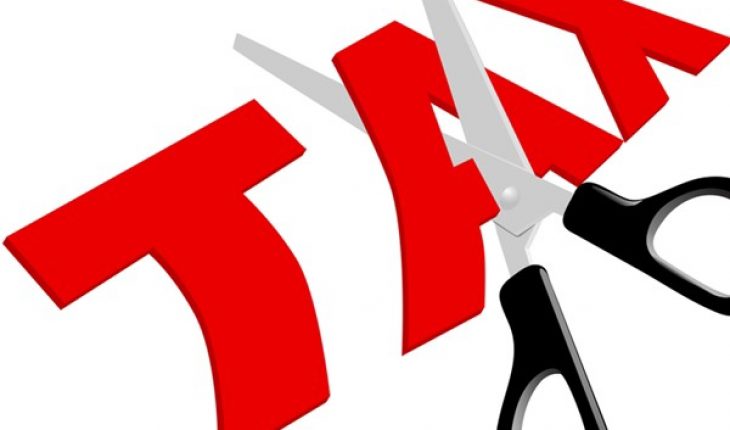November, 28, 2019

Capital Alliance Securities (CAL) research in a note to investors stated that the number of tax reliefs, which were announced at the first cabinet meeting under the newly elected Sri Lankan President Gotabaya Rajapaksa is likely to trigger an immediate and substantial boost in consumer spending.
However, given the extent of the cut, especially in VAT and NBT, the research unit believes that the devil might be in the details. As such, CAL awaits more clarity on the nature and extent of the announced tax cuts prior to formulating an overall view.
“The tax cuts will certainly, however, be seen as significantly market positive. Nonetheless, given the lack of information at this point – we advise our clients to play the ‘Sure Winners’ viz a viz a market-wide momentum-trade,” CAL noted.
Keeping in line with President Gotabaya Rajapaksa’s manifesto, a number of tax relief initiatives were announced on Wednesday, at the first cabinet meeting of the new government.
Accordingly, it was announced that the administration would do away with National building tax (NBT) on household goods, Withholding tax (WHT) on interest and debt tax, PAYE tax, government taxes imposed on religious places, with immediate effect.
The cabinet also decided to reduce Value Added Tax (VAT) from 15% to 8% and to increase the tax-free threshold for VAT from LKR 1 Mn per month to LKR 25 Mn per month.
The Cabinet further decided to reduce the telecommunications levy by 25% and the income tax on the construction industry has been reduced from 28% to 14%.
The research unit believes that Banks and Financial services: Earnings will see an immediate boost upon the removal of Debt repayment levy and NBT. WHT removal may also see borrowing costs reducing over the medium term.
“While the announcements are unclear at the point of publication, it is our understanding that the Debt Repayment Levy (7%) has been removed. NBT on financial services has also been removed. A combination of both tax cuts is likely to have a significant impact on the profitability of Banks and Financial Services,” CAL said.
As the Debt repayment levy was purely borne by the bank and was restricted from charging back from the customer, CAL expects the bottom-line improvement to be significant in 2020E. However, the benefit of NBT may get partially transferred to the customer.
CAL maintains a positive stance on DIAL and expects significant acceleration in data and voice consumption as a result of the reduction (13pps on voice, 9pps on data).
On this note CAL expects data volumes to grow at an expedited pace from current 5.3GB to reach 8 GB per subscriber by end of 2020E. Voice usage is also expected to grow as usage grows to cover the additional spending room in the hands of consumers, CAL expects MoU to reach 172 by end 2020E.
Moreover, CAL research believes that the Consumer sector: Earnings are likely to boost from PAYE tax removal. However, more clarity awaited on VAT and NBT mechanics along with possible increases in compensatory tax increases on certain items The removal of PAYE taxes are likely to increase the disposable incomes of consumers thereby boosting consumer volumes substantially.
“However, given the uncertainty around the mechanics of the new combined 8% VAT, we advise some caution. We believe further compensatory tax increases in Alchohol and Tobacco companies may also be in the offing to neutralize the revenue impact of the tax cuts from these two sectors (e.g. With the announed 8% VAT and removal of NBT, a LION Lager 625ml beer bottle will see a reduction from the current price of LKR 220 to LKR 200 whilst a Dunhill cigarette is likely to see a drop from LKR 70 to LKR 65. Other taxes on these sectors MAY be increased to bring these product prices to net-neutral),” CAL said.
However, these sectors should still benefit from increased consumer disposable income.
Video Story